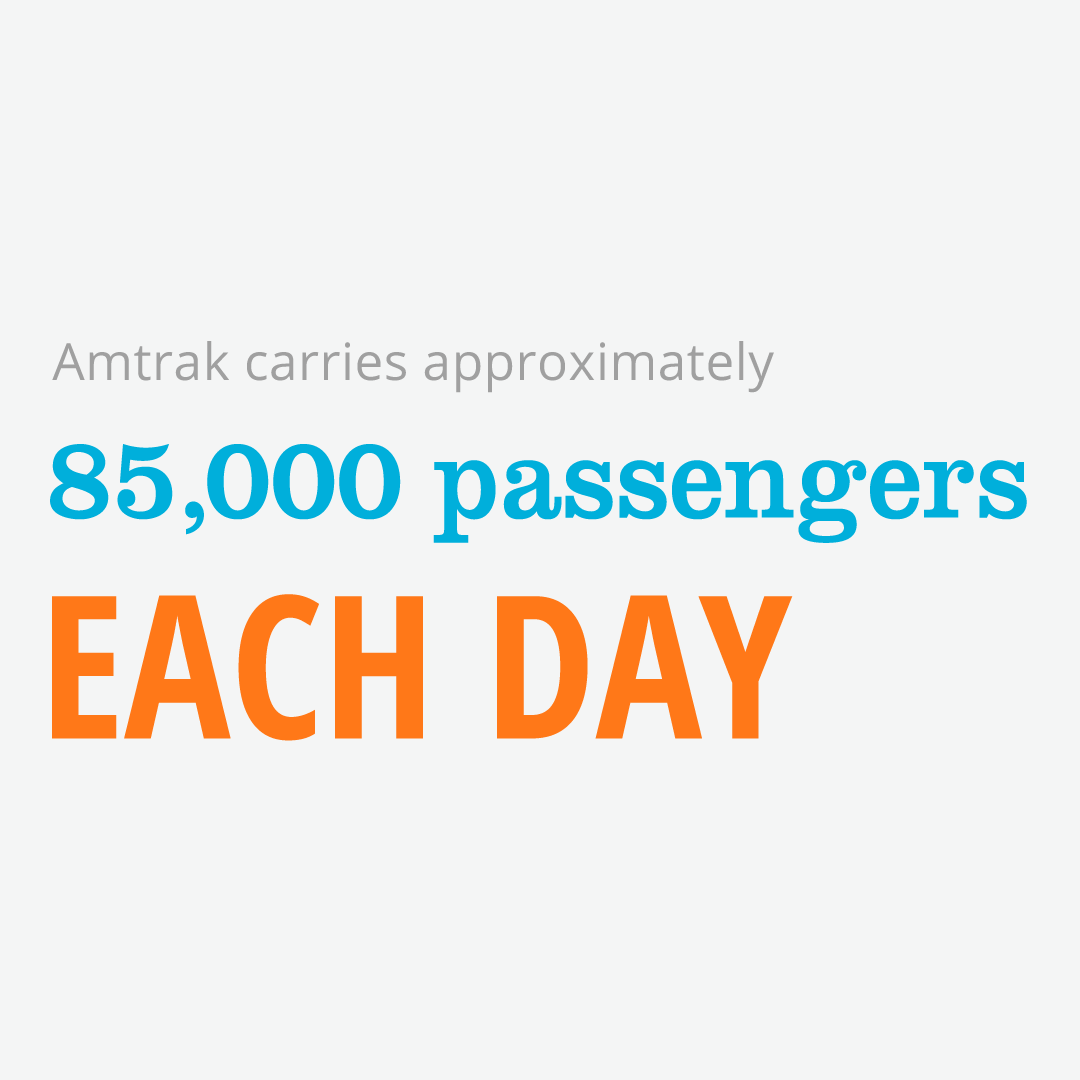As state legislatures across the country are wrapping up their sessions for 2018, lawmakers in several states acted this year to make investments to address their states’ infrastructure needs.
In Colorado, Governor John Hickenlooper (D) signed a major bill to fund transportation infrastructure projects. The legislation calls for periodic transfers from the state’s general fund to the state’s highway fund totaling $645 million over the next two years. These funds would be split between the state, localities, and transit or multi-modal projects. The package also included a $2.3 billion bond measure that would be put to voters on the November 2019 ballot. In the meantime, voters may expect to see two ballot measures this November: one seeking to raise the sales tax to increase funds to address CDOT’s backlog, and a second urging the legislature to address the state’s transportation shortfall without raising taxes. Petitions for these measures must be filed by August 6.
While the Connecticut General Assembly avoided potential rail and bus fare hikes this session, they failed to enact a long-term fix for Connecticut’s congested roads and crumbling bridges. The legislature agreed to divert millions of dollars in tax revenue from car sales to the Special Transportation Fund and to use discretionary bonding to keep the fund solvent. In addition to avoiding bus fare increases and service reductions, the move restored $4.3 billion in road, rail, and bridge projects that had been postponed due to a lack of money. In November, Connecticut voters will be asked to vote on imposing a “lockbox” on state transportation revenue. If passed, Connecticut would join nearly 30 states in protecting their transportation dollars.
In nearby Massachusetts, an 18-member panel appointed by Governor Charlie Baker (R) will study the state’s future transportation needs after a report last year suggested Massachusetts is not financially prepared for changes to the climate and how people get around. The Commission on the Future of Transportation in the Commonwealth will report back by December, after looking into how an array of factors could affect transportation in the state between 2020 and 2040.
Policymakers in Iowa and Pennsylvania took action on water infrastructure issues. In Iowa, the legislature passed a bill committing $282 million to water quality initiatives over the next 12 years. For farmers, it means about $150 million in new funding for cover crops, bioreactors, and saturated buffers as they seek to curb the high levels of nitrates and phosphorous entering Iowa’s waterways. Another $126 million over a dozen years will be made available for cities and towns to improve drinking and wastewater facilities.
Pennsylvania Governor Tom Wolf (D) recently announced the investment of $60 million for 12 drinking water, wastewater, and non-point source projects across 12 counties through the Pennsylvania Infrastructure Investment Authority (PENNVEST). Founded in 1988 PENNVEST funds sewer, storm water, and drinking water projects throughout the Commonwealth to improve the environment and health of Pennsylvanians.
With a three-cent increase set to go into effect on June 27, Oklahoma joins 26 other states that have raised or reformed their gas taxes since 2013. The state’s first gas tax increase since 1987 will be directed to a transportation infrastructure fund, while money from a general fund that was previously allocated for transportation will now be directed to a pay increase for teachers. The number of states with a gas tax increase could soon rise again, to 28, depending on the outcome of a 10-cent increase Missouri residents will vote on in November. If approved, the tax increase could generate as much as $293 million per year for the state police and $128 million annually for local road construction.
Finally, there are also notably two states that failed to take action this year to address their looming problems. In Kentucky, lawmakers failed to act on a proposed gas tax increase meant to address $1 billion backlog in unfunded resurfacing needs and more than 1,000 bridges in need of repair. And, in Mississippi, legislative leaders are now faced with bridge closures due to a federally mandated re-inspection of timber bridges. Gov. Phil Bryant in April issued an unprecedented emergency declaration, forcing nearly 100 bridges across the state to close to meet the federal mandate.






















